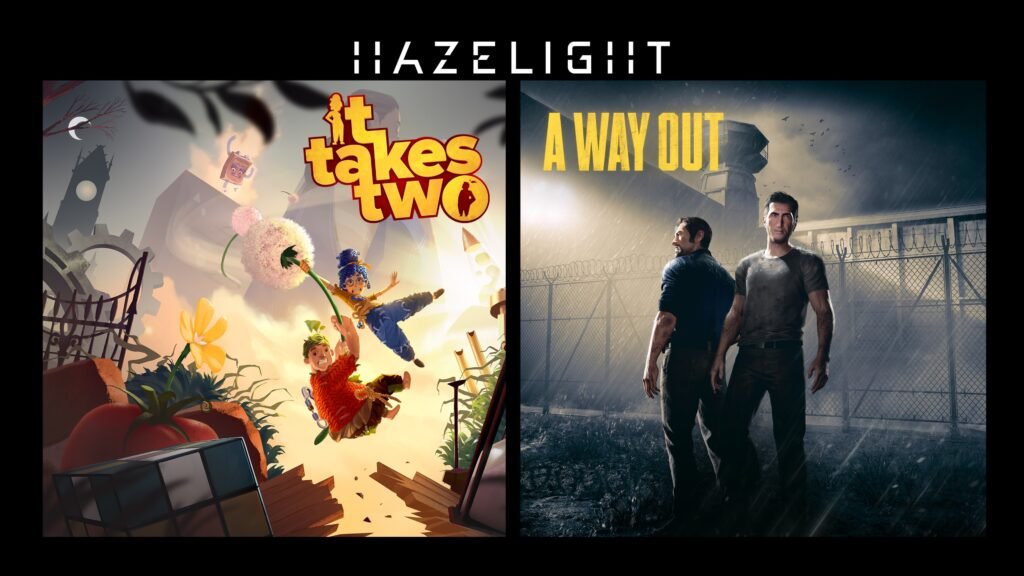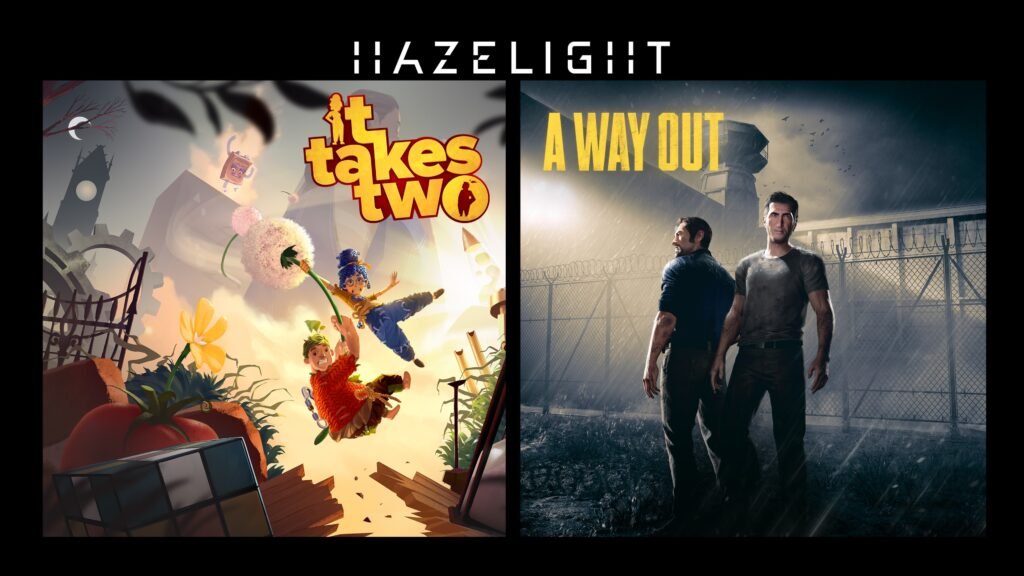Since before they became digital, games have always been a way to bring people together. Whether it’s sports or board games, people have often used them to bond and pass time together. After the invention of video games but before the advent of online multiplayer, we had couch multiplayer. Most importantly, we had split screen. Nothing would beat coming home after a long week at school, booting up Resident Evil 6, and working on finishing that mug with my brother.
Say what you will about that game, but it was a big part of our life at the time, as were all the co-op games that came before. Splinter Cell: Double Agent, Call of Duty: MW2 (the O.G. one), Left 4 Dead, the list goes on and on. We never had to give up control and could actually share the console and games at hand, something our parents were surely thankful for.

Experiencing the thrills and intense moments of a story mode with a friend right next to you is an experience not like many in gaming. Sure, you can boot up the game on another console and play online together, but at times that can be isolating, and it lacks a fully social aspect. Nowadays, local multiplayer seems to be a focus for party and fighting games mainly. That’s not to say it’s completely dead or that those games are no fun (I’m a die-hard Mortal Kombat fan myself).
Many other games still implement some form of local multiplayer at varying degrees. Call of Duty still lets you take on the online modes with a friend on the bottom half of the TV. But the days of a cooperative campaign played in the same room feel as though they’re fading. Games like Ark: Survival Evolved have kept split-screen in but with a few liberties here and there. Graphics may be downgraded, frame rates may drop, and bugs may be more glaring. But that’s a sacrifice I’ll make to play any game with my fiance cuddled next to me on the couch.
Then there’s the select few, the champions of modern local multiplayer. The games are built around multiplayer, online and offline. It Takes Two is a great example of this. It seems to really emphasize couch co-op. With all the sections requiring good cooperative timing, it makes sense it would be easier to play in person with a partner. It takes everything that made those PS2 and PS3 era games so good and puts it front and center. It Takes Two, and the game predating it, A Way Out, proves that developers haven’t forgotten about these kinds of experiences.

Maybe I’m one of few, and local multiplayer isn’t missed by as many. It may be a sign of aging, a man hanging on to nostalgia and dreaming of the “good ole days.” However, becoming jaded over such a little thing is next to impossible. At least I know when times get tough, I can always get in touch with my brother and get ready to break out the PS2.



